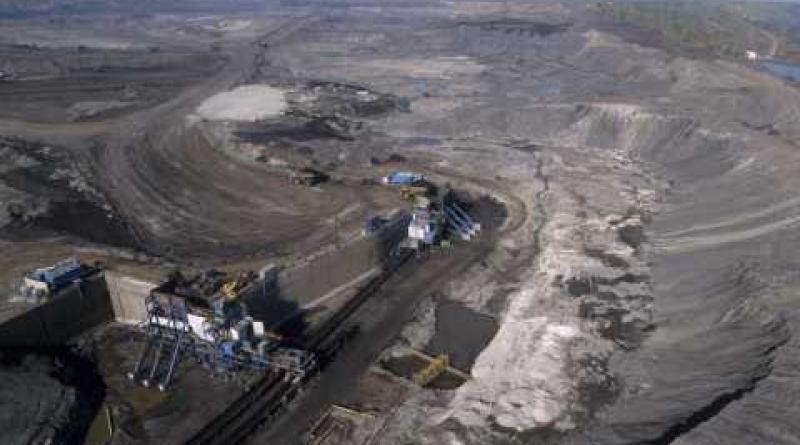Fund Renewables Transition with Record Oil and Gas Profits, Columnist Urges

With oil prices soaring, Canada’s fossil industry is reaping record profits that ought to be invested in a low-carbon transition, not spent as returns for shareholders, says a Montreal-based finance professor who’s urging the feds to force the sector’s hand—to address the climate crisis, and for the workers who will inevitably suffer when fossil fortunes tank.
“Putting a cap on fossil fuel production or taxing excess profits unless invested in renewables are a few tools that the government could use,” Amir Barnea writes for the Toronto Star, in a column detailing just how far the tar sands/oil sands sector sits from acting voluntarily on its net-zero promises.
Barnea cites Calgary-based Canadian Natural Resources Ltd. (CNRL), the country’s largest oil and gas exploration and production company as an example. On a recent CNRL conference call for analysts and investors, CEO Tim McKay celebrated a very good 2021—the company raked in a $7.66-billion profit on revenues of $30.1 billion.
“And these numbers don’t even reflect the recent surge of more than 50% in oil prices due to the war in Ukraine,” writes Barnea, adding that oil prices rose to nearly US 130 a barrel this week, “a stunning increase from $18 a barrel two short years ago.”
Overseeing a company now worth roughly $90 billion, McKay said CNRL would “continue to allocate cash flow to maximize value for our shareholders,” noting that such shareholder returns “are significant: $2.2 billion in dividends and $1.6 billion in share repurchases for a total of $3.8 billion.”
But beyond “a couple of general statements,” there was no talk about how CNRL plans to achieve its net-zero by 2050 goal, as laid out by the Oil Sands Pathways to Net Zero initiative, which CNRL joined last June alongside Canada’s five other tar sands/oil sands heavyweights: Cenovus Energy, ConocoPhillips, Imperial Oil, MEG Energy, and Suncor Energy.
“There really is very little happening in the real world in terms of investments by those companies that show that they’re actually implementing the vision,” Chris Severson-Baker, Alberta regional director at the Pembina Institute, told Barnea.
The proposed net-zero initiative is estimated to cost the six signatories anywhere between $30 and $75 billion, and they are currently lobbying Ottawa to cover up to 75% of that sum.
“I don’t think they’ve made a very strong case for why that’s necessary, especially given the revenue that they have available to them,” Severson-Baker told Barnea.
Given the sector’s failure to “seize the opportunity when their stocks are trading at all-time high and actually raise capital in order to finance their transition to a low-carbon future,” and in the absence of “influential activist shareholders to direct the firms in the right direction,” it is time for Ottawa “to demand that the industry starts its transition,” writes Barnea. That planned transition, he says, is essential to protect oil and gas employees whose jobs will be in jeopardy once the demand for oil declines.
Source : The energy mix
Photograph:Jiri Rezac





